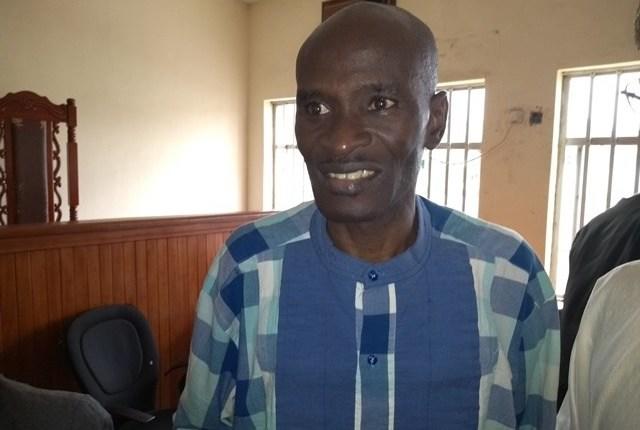Nigerian journalist Jones Abiri has once again been arrested by Nigerian authorities. Abiri was charged under the country’s cybercrimes, anti-sabotage, and terrorism prevention acts, to which he pleaded not guilty. Abiri was previously held without trial from July 2016 to August 2018. Also in Nigeria, new accreditation requirements have the potential to restrict press access to the National Assembly.
This week in Colombia, two journalists had to leave the country because of online harassment by lawmakers. New York Times Andes Bureau Chief Nicholas Casey left the country after becoming the target of threatening tweets from lawmakers, and freelance Colombian photojournalist Federico Ríos fled after lawmakers wrongly identified him as Casey.
Global press freedom updates
- Mexico: Reporter Francisco Romero Díaz shot dead in Playa del Carmen, separately in Mexico, cameraman shot, journalists threatened in Morelos state
- Photographer Paul Conroy spoke to CPJ about threats to photojournalists
- Iran jails Sedaye Parsi editor Masoud Kazemi on new national security charges
- CPJ, Human Rights Watch call on Venezuela to release Jesús Medina
- Rappler-CIA plot claim is attempt to cut funding, Philippine journalists say
- Myanmar reporter detained without charge since May 15
- Read the latest Turkey Crackdown Chronicle, CPJ’s weekly round-up of press freedom violations in the country
- Lebanese security forces raid Beirut office of Al-Akhbar newspaper
- Reuters photojournalist Hani Amara shot while covering Libya clashes
- Somaliland journalist injured during arrest, jailed without charge
- Uribe lawsuit part of ‘systematic campaign to silence me,’ Colombian reporter Daniel Coronell says
- Gabon media regulator suspends two newspapers over defamation claims
Spotlight
CPJ has continuously monitored the situation for journalists covering the Indian general election. As CPJ’s Patti Birch Fellow for Gender and Media Freedom Sarah Guinee details in a recent blog, journalists fighting fake news during the election have been vulnerable to threats and abuse. In particular, female reporters often find themselves targeted, especially when they are discrediting disinformation.
To help journalists cover the elections, CPJ’s Emergencies Response Team developed an India election safety kit, with tools on physical, digital, and psychosocial safety. CPJ’s India correspondent, Kunal Majumder, also met with journalists on the ground to provide informational trainings.
What we are reading
- Mobile groups comply with African rulers’ orders to block internet — Tom Wilson, Financial Times
- Independent Russian journalists look for ways to succeed despite government control — Maria Danilova, Columbia Journalism Review
- Alarming lessons from Facebook’s push to stop fake news in India — Saritha Rai, Bloomberg
- ‘Fear and paranoia’: How Vietnam controls its media — Faras Ghani, Al Jazeera
- The Mechanics of Silencing Dissent — Ramsha Jahangir, Dawn
- Human rights continue to worsen in Tanzania as Magufuli cracks down on critics — Tundu AM Lissu, The Daily Maverick
